RSS
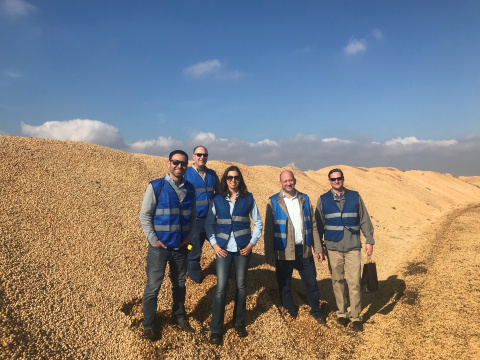

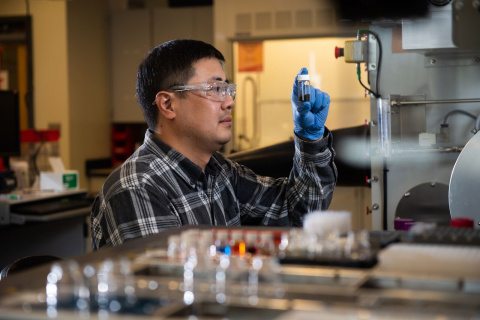
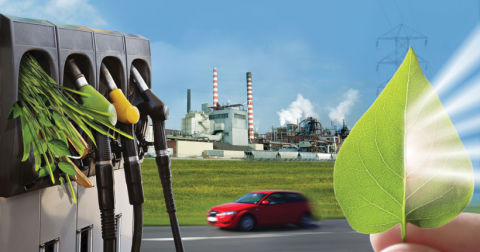
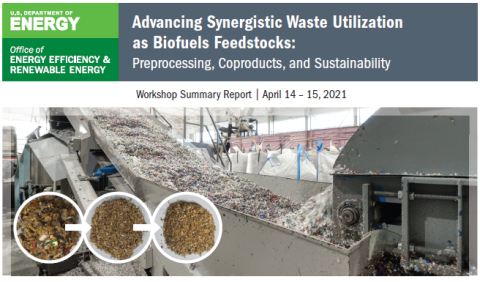
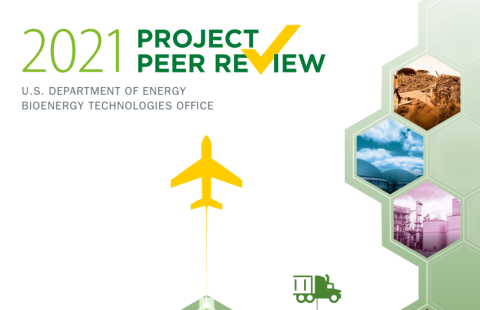
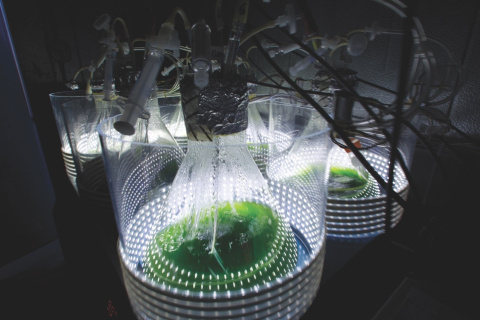
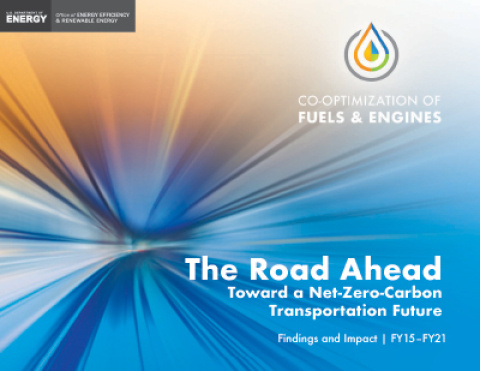


New analysis outlines steps for turning piles of waste into a potentially powerful solution to lower one company’s carbon footprint.

U.S. Secretary of Energy Jennifer Granholm is hosting her counterparts from energy ministries across the world in Pittsburgh, September 21–23, 2022 for the Global Clean Energy Action Forum.

A research team from Pacific Northwest National Laboratory investigates how potassium in biomass feedstocks poisons a catalyst.

The U.S. Department of Energy Bioenergy Technologies Office (BETO) has achieved a significant milestone in decreasing the minimum fuel selling price (MFSP) of drop-in biofuels.

This report summarizes results of a Bioenergy Technologies Office workshop with stakeholders from academia, industry, municipalities, and federal agencies involved in waste management, resource and energy recovery, waste utilization, and renewability.
Biofuels have been proven to emit significantly lower emissions than petroleum-based fuels, and recent scientific studies indicate that net-zero emission biofuels are not only possible, but achievable. Corn ethanol and other biofuels
This report provides an external assessment of BETO’s projects and collects external stakeholder feedback on BETO’s scope, focus, and strategic direction.

The potential for advancing algal biofuels and bioproducts relies on using algae strains that are best suited for industrial production.

Breakthroughs from the U.S. Department of Energy (DOE) Co-Optimization of Fuels & Engines (Co-Optima) initiative will help rapidly cut emissions, reduce dependence on international petroleum, and contribute to ambitious national goals to reduce emissions on the land, in the air, and across the water.

The U.S. Department of Energy (DOE) announced $59 million to accelerate the production of biofuels and bioproducts to reduce emissions in hard-to-decarbonize sectors and create good-paying jobs in rural America.

